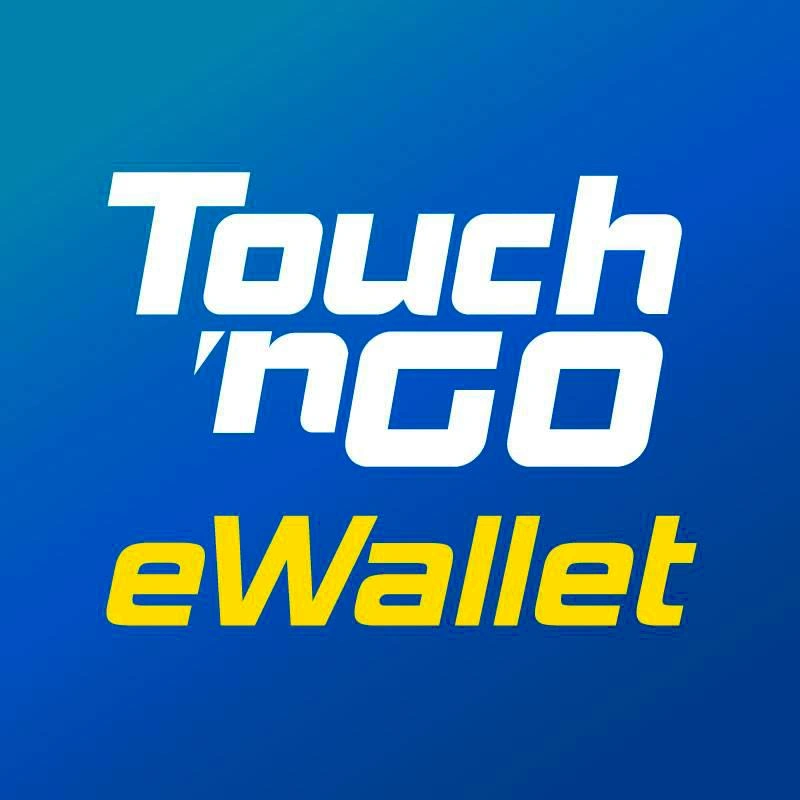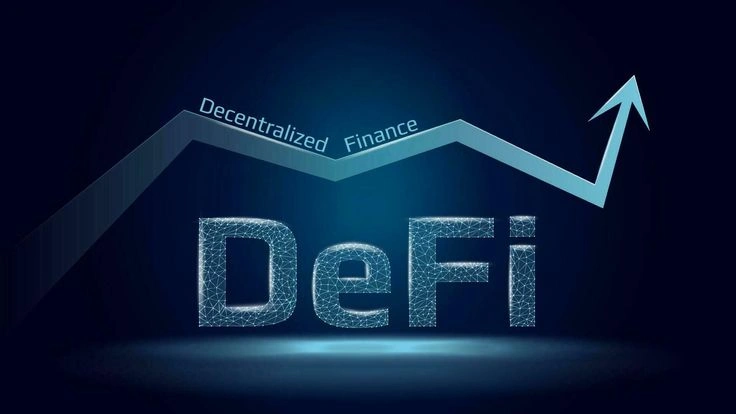Malaysia Edges Closer to Crypto Payment Adoption Amid Regulatory Caution
July 7, 2025

Malaysia crypto payment adoption
KUALA LUMPUR, May 3 — As global momentum around cryptocurrency payments continues to build, Malaysia’s crypto payment adoption remains a subject of growing interest — but also cautious regulation. While digital assets are legally traded within regulated exchanges, the use of cryptocurrency for everyday transactions is still in uncertain territory.
Malaysia crypto payment adoption: Regulators Maintain Conservative Stance


Bank Negara Malaysia (BNM), the country’s central bank, has clarified that cryptocurrencies such as Bitcoin and Ethereum are not recognized as legal tender. Malaysians may hold and trade digital assets via registered exchanges like Luno and Tokenize, which are overseen by the Securities Commission (SC). However, their use as a method of payment is not currently authorized under national law.
Despite this, BNM has signaled openness to exploring a central bank digital currency (CBDC) — a state-backed digital version of the ringgit — which could pave the way for future integration of digital payments into the formal economy. Officials say research into CBDC implementation is still in preliminary phases.
Malaysia crypto payment adoption: Businesses Move Ahead With Limited Adoption


Outside official policy, certain Malaysian businesses have begun accepting cryptocurrency through third-party service providers that immediately convert crypto into ringgit. These transactions, while not widespread, are becoming more common in niche sectors, particularly among tech startups and independent retailers.
“It’s not mainstream yet,” said a Kuala Lumpur café owner who began offering crypto as a payment option last year. “But we’ve had a few customers ask — mostly younger folks — and it feels like something worth trying.”
Malaysia’s dynamic fintech ecosystem may be contributing to this trend. With widespread adoption of e-wallets such as Touch ’n Go and Boost, the infrastructure for digital payments is already in place. Industry observers suggest that crypto integration with these platforms could be a natural next step — provided regulatory support follows.
Malaysia Crypto Payment Adoption: Key Drivers


Several factors appear to be fueling local interest in using cryptocurrencies for payments:
- Convenience and speed for cross-border transactions
- Existing crypto ownership among Malaysians who wish to spend their digital assets
- Influence from international crypto adoption, including countries that have legalized crypto as legal tender
- A modest but growing interest in decentralized finance (DeFi), especially among younger demographics
However, volatility remains a major barrier. “The value of Bitcoin can swing wildly in a matter of hours. That’s a problem for pricing goods and services,” said financial analyst Nadia Ariffin.
Roadblocks Before Widespread Adoption

Experts say that before Malaysia crypto payment adoption can happen at scale, four critical areas must be addressed:
- Regulatory clarity: Businesses require well-defined legal guidelines to avoid compliance risks.
- Consumer education: Many Malaysians are still unfamiliar with the mechanics and risks of crypto.
- User-friendly technology: Payment platforms must simplify the process to match current QR-based systems.
- Currency stability: Adoption may require a stablecoin or a government-backed CBDC to manage volatility.
According to fintech consultant Faiz Rahman, “Without stability, it’s hard to imagine crypto being used widely for daily payments — no merchant wants to deal with value fluctuation every hour.”
Outlook: A Matter of Time?
For now, crypto payments remain more of a fringe practice in Malaysia than a national movement. But that could change.
“There’s growing momentum,” said one industry observer. “Regulators are watching closely. Businesses are testing cautiously. The public — especially Gen Z and millennials — are already comfortable with the idea.”
Whether Malaysia officially adopts cryptocurrency as a payment method remains to be seen. Experts agree it’s unlikely to happen within the next year, but within the next decade? It’s a real possibility.
Until then, Malaysia’s crypto payment adoption will likely continue in a hybrid model — innovation from the private sector moving ahead of formal policy, while authorities tread carefully in step.
Relevant News: Here

